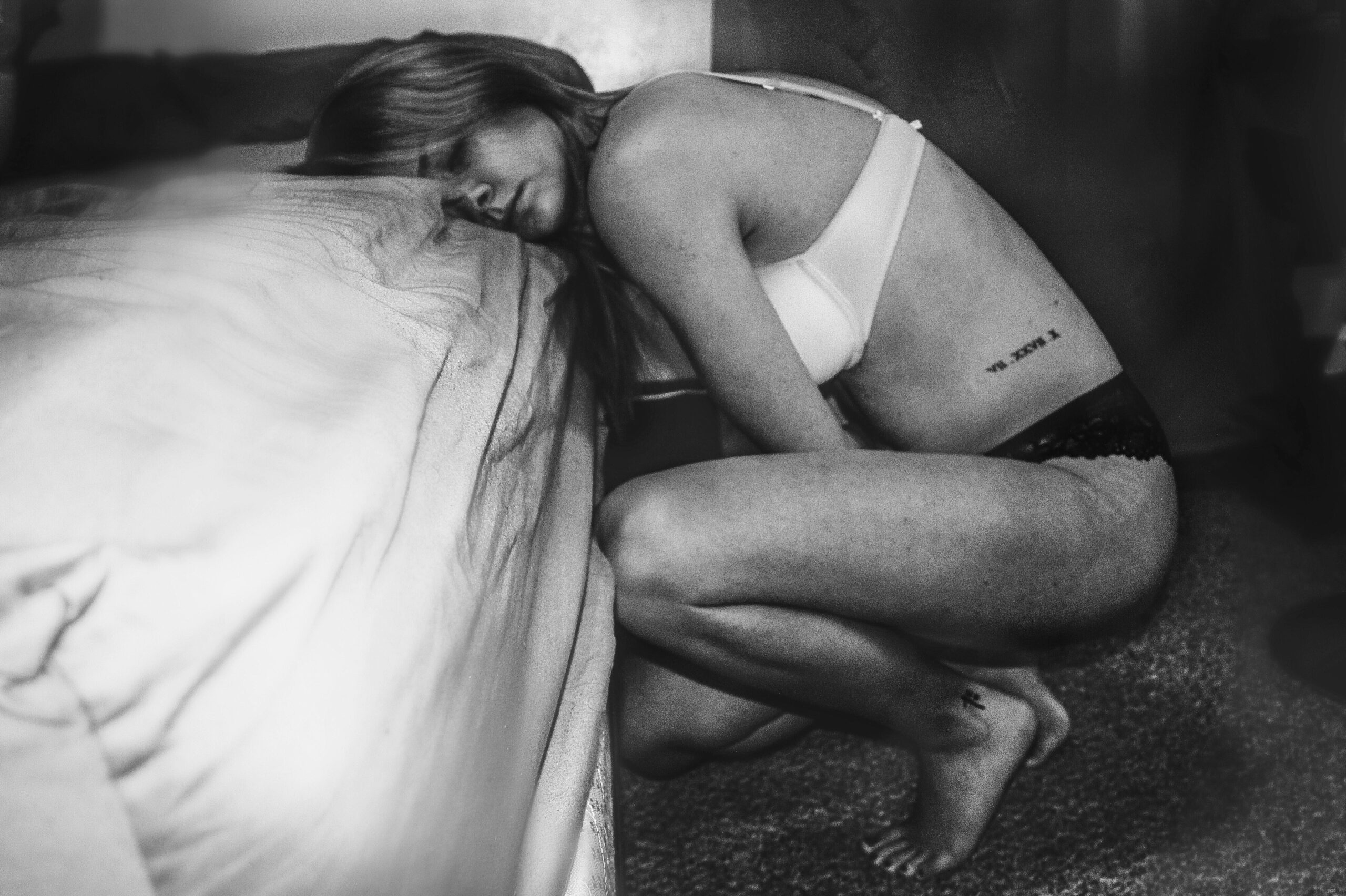Postpartum body image: Rebuilding confidence after birth
The journey through pregnancy transforms a woman’s body in profound ways, but what happens after birth often takes new mothers by surprise. As your body shifts into its postpartum state, you might find yourself facing unexpected emotions about your changing appearance—a completely normal yet challenging aspect of new motherhood that deserves more honest conversation.

The reality of postpartum bodies
The “fourth trimester”—those first three months after birth—brings numerous physical and emotional challenges including recovery from childbirth, sleep deprivation, and significant identity shifts. Despite what celebrity magazines and social media might suggest, the postpartum recovery journey isn’t about “snapping back” but rather adapting to a new normal.
Healthcare professionals consistently recommend giving yourself at least a year to settle back into your body after childbirth. As highlighted in recent celebrity mom stories, figures like Kylie Kelce are speaking out against unrealistic postpartum body expectations that create unnecessary pressure on new mothers.
The psychological impact of body changes
Research reveals that over one-third of pregnant women experience body image dissatisfaction, which often increases during the postpartum period. More concerning, women with body image dissatisfaction during pregnancy or postpartum are four times more likely to develop depression compared to mothers who feel more positive about their bodies.
This psychological burden can affect many aspects of new motherhood. Studies have found a strong negative correlation between body image and depression scores in postpartum women, and both low body image and depression can negatively affect breastfeeding attitudes and duration.
Embracing a compassionate approach
Recognize the extraordinary achievement of your body
Your body has completed the remarkable feat of growing and birthing a human being. The stretch marks, looser skin, and changed shape are evidence of this incredible journey—not flaws to be corrected. Try reframing these changes as badges of honor that tell your unique motherhood story.
Set realistic expectations
The celebrities who appear to “bounce back” often have resources most new mothers don’t: personal trainers, private chefs, childcare help allowing for proper rest and recovery, and professional styling and photography.
Remember that even these curated images rarely reflect reality. Research indicates that approximately 48% of new mothers experience high-level body image dissatisfaction, showing how common these feelings are.
Focus on function over appearance
Instead of fixating on how your body looks, celebrate what it can do: provide nourishment for your baby if you’re breastfeeding, hold and comfort your child, and gradually regain strength as you heal.

Practical steps to rebuild body confidence
Mindful movement
According to postpartum fitness experts, walking is encouraged from day one after birth, with gradual increases in distance and speed as comfortable. Pelvic floor exercises can also begin immediately, helping restore core strength and function.
Rather than exercising to “fix” your body, choose movement that makes you feel good and energized. The goal is to support your well-being, not punish yourself for normal postpartum changes.
Curate your social media
The constant stream of idealized postpartum bodies can significantly impact your self-perception. Consider unfollowing accounts that make you feel inadequate, adding body-positive postpartum accounts that show diverse recovery journeys, and taking breaks from social media when needed.
While research shows mixed results about the immediate impact of body-focused social media content on postpartum women, many women report that more mindful consumption improves their overall body image.
Practice self-compassion
Speak to yourself as you would to a friend going through the same experience. Would you criticize their postpartum body? Or would you offer understanding and encouragement?
If you’re struggling with persistent negative thoughts, know that you’re not alone. Healthcare professionals emphasize that experiencing sadness, anxiety, or disconnection after giving birth doesn’t mean you’re failing as a mother. These feelings are common and often respond well to support.
Build your support network
Connect with other new mothers who understand what you’re going through. Whether through local parent groups or online communities, sharing experiences can normalize your feelings and provide practical coping strategies.
For more comprehensive support during those challenging first weeks, explore our guide to early postpartum support and emotional needs.
A new relationship with your body
The postpartum period offers an opportunity to develop a more compassionate relationship with your body—one based on appreciation rather than criticism. Your body has completed an incredible journey through pregnancy and birth, and now it’s adjusting to its new role in motherhood.
This transformation isn’t just physical but emotional too. By practicing self-compassion, setting realistic expectations, and focusing on overall well-being, you can gradually rebuild body confidence in this new chapter of life.
Remember that this adjustment takes time. Just as your baby needs patience and care to grow, your relationship with your postpartum body deserves the same gentle approach. With each passing day, you’re not just recovering physically—you’re evolving into a new version of yourself, one that embodies the strength, resilience, and wisdom that comes with motherhood.

